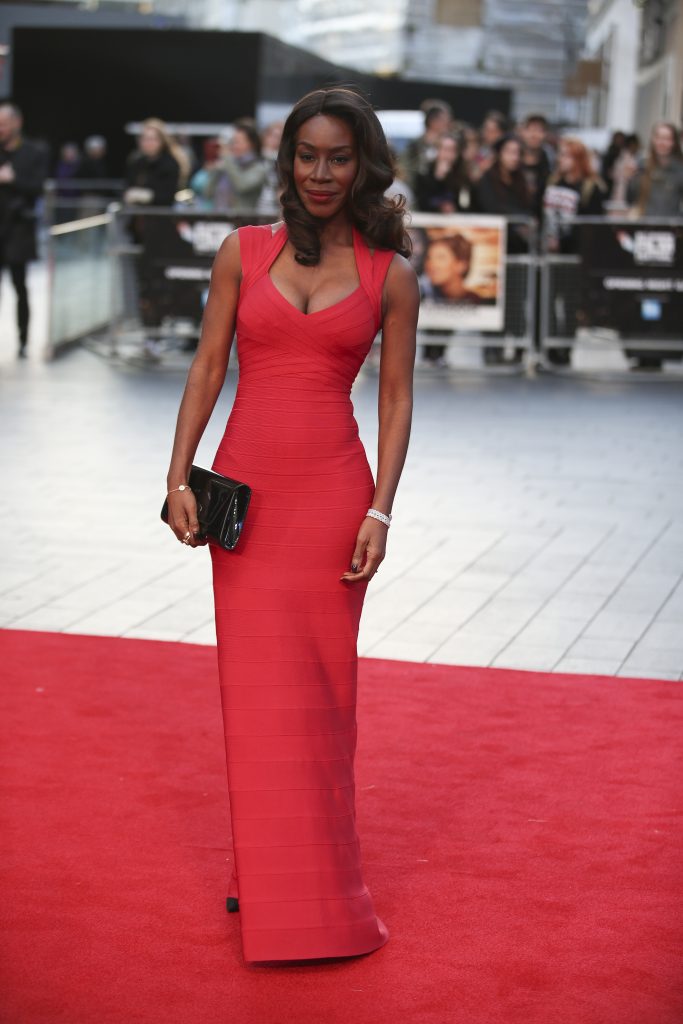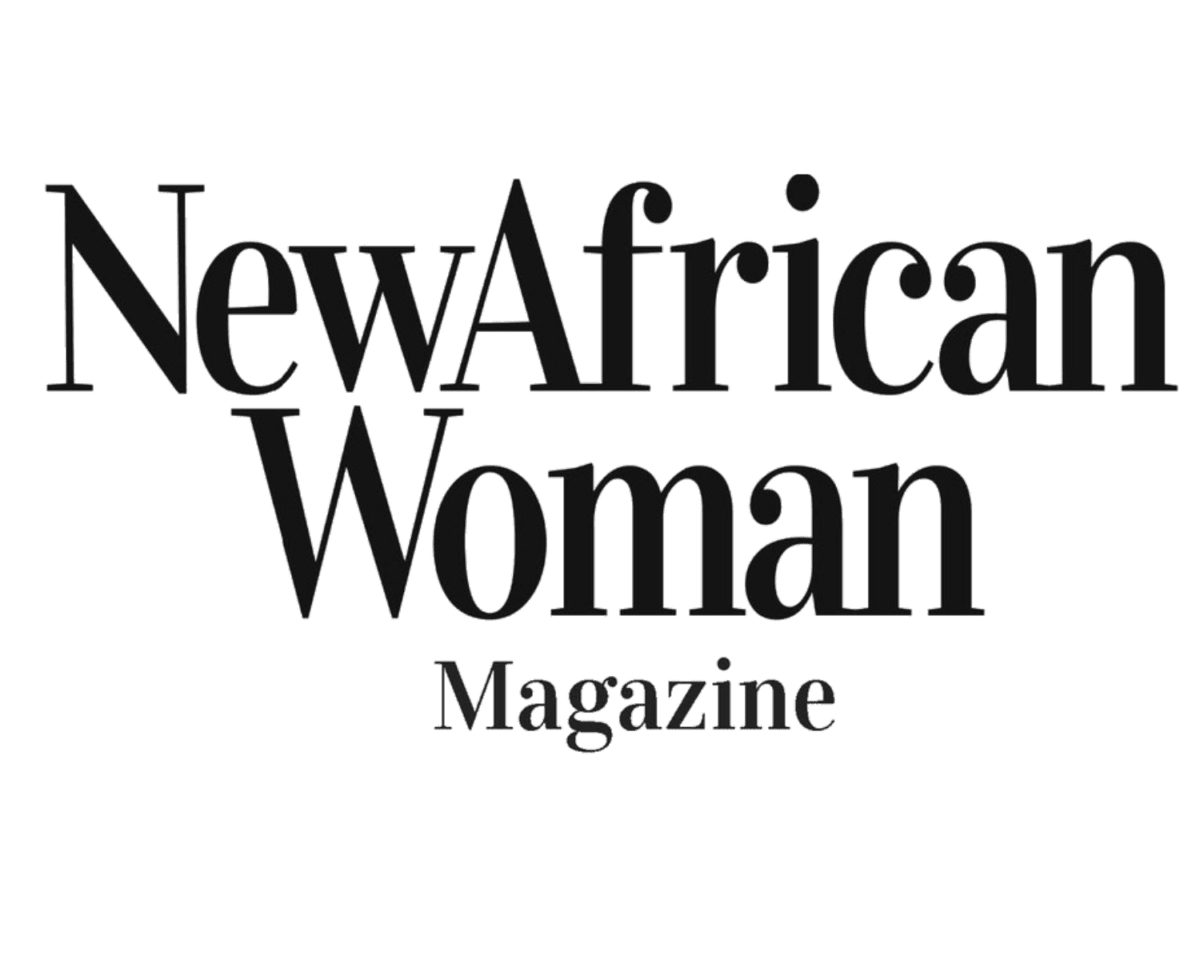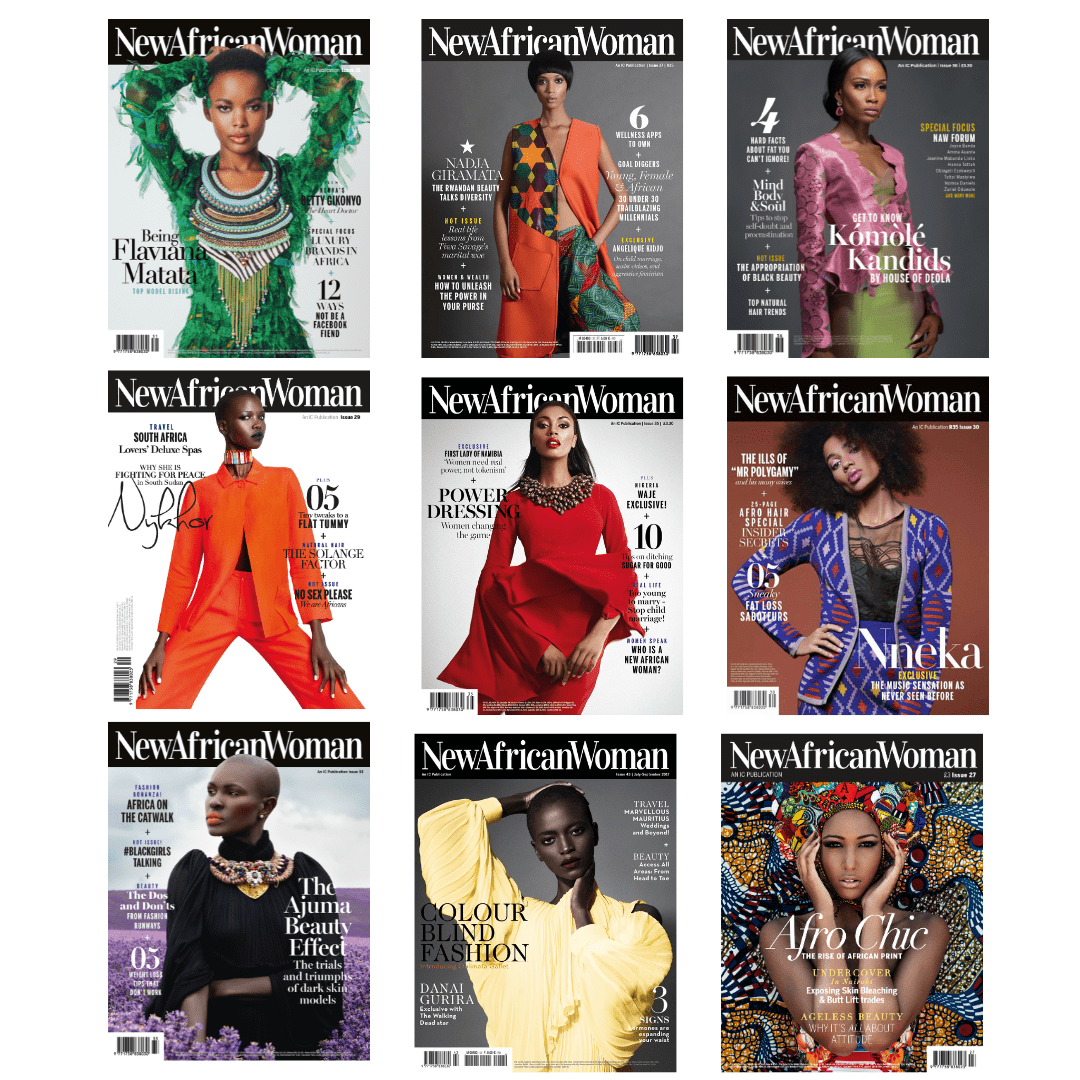Exclusive: Amma Asante on Race, Defiance and her hit film “A United Kingdom”

Amma Asante has truly come a long way from the black child who grew up in London in the days she says “shit would be thrown through [our] letterbox”, to become one of the most respected screenwriters and film directors, who is also ably bringing black history to the big screens.
Her film A United Kingdom, was arguably, one of the defining films of the year 2016, and Amma Asante is without doubt, one of the few award-winning filmmakers with a passion to tell the stories of Black people, which are often erased from popular culture.
Born to Ghanaian parents in London, her 2013 award-feted film Belle received high acclaim from critics and audiences alike. This year she came back with the hard-hitting film – A United Kingdom – which chronicles the controversial love story and marriage of Sir Seretse Khama (First president of Botswana) and Ruth Williams, a white English woman during the racially-divided late 1940s England.
Starring David Oyelowo and Rosamund Pike, the critically film, which hit general release on 25 December a and is in Cinemas globally this festive time, dissects how an interracial relationship had the British and South African governments, and Khama’s uncle, Tshekedi Khama (the then King regent of the Bamangwato royal house of Botswana ) fervently objecting to their love, and straining political and cultural relations.
Asante who has not only recently been invited by the prestigious Academy of Motion Picture Arts and Scientist to its 2016 Class, (in its push for diversity), but was also the first ever black person in the 60-year history of the coveted BFI London Film Festival, to open its 2016 festival in October, with A United Kingdom.
As a black child born and growing up at challenging racial times in London Asante has come a long way from the days she says “shit would be thrown through [our] letterbox” to bringing black history to the big screen.
NAW: What attracted you to A United Kingdom, which is also a historical film like Belle?
Amma Asante: It’s interesting because my intention was probably to do a modern piece after Belle but David Oyelowo called, asking if he could pitch me a project he had been trying to get off the ground for a while. I didn’t really know much about Seretse Khama or Botswana at the time. He told me the project was based on Susan Williams’s book called Colour Bar and told me a little bit about it, and sent me the script to read. Why did I agree to read it? David and I go a long way. I had given him his first acting TV job out of drama school in the series Brothers and Sisters. I was really happy to read it particularly since he felt a deep connection to the story. I read it and found it interesting. It was an opportunity to look at a portion of Africa’s independence, which is many stories. It was also important to me as a child of Ghanaian parents who lived in Ghana as a colony and my father was a staunch Kwame Nkurumah disciple, and was there in Independence Square waving his flag in 1957, when the Gold Coast became Ghana and Ghana became the first Sub-Saharan African country to gain its independence. I have always walked with that history in my bones and DNA. My father was a pan-Africanist and believed in the United States of Africa. I grew up with the rhetoric and mantra of ‘united we stand and divided we fall.’ So I was fascinated with the concept of doing something not necessarily to honour my dad’s story but honouring that history that I am both connected to, and disconnected from at the same time. Connected to, via my parents because I didn’t really experience it.
It’s a controversial and complex story. It’s a love story – Seretse Khama coming to England to study, enduring racism, falling in love with a white woman and taking her back to be his queen. That gave me a WOW as a black female – Like, you are going to take a white lady back to your nation and tell the women of that nation that she was going to be their queen. That was a wow in a shocked way. While it’s about exploring all of those things, for me, it was fundamentally about an exploration of an African history, not the only African history but an African history. To remind and inform those who may have forgotten or didn’t know that there is truth to the saying that “once we were kings.” And we really were and it wasn’t that long ago either and to tell a story of the dignity of a person of colour.
As you mention, at the heart of this film is a love story and one tainted by the setbacks of race, it has politics and international relations at the heart of it. Everything that makes us human was involved and at a time when it was unthinkable – how relevant is this story, when you hold it up against contemporary life today?
Exactly! By the way I love contemporary stories and I am hungry to do one soon. But what I find is that sometimes, when you are telling period stories and you are reflecting on the issues of today, people are much more willing to absorb those stories because they feel a distance and then it’s only by the time they get someway through the film that they are thinking this is super relevant to today.
The reality is that when you do period pieces, it’s also easier to show people the absurdity of our situation today because when you can say that was 50 years ago or that was 60 years ago but look at us still today. You realise that we are consigned to repeat the problems of our past if we don’t make a change.
“But the couple defied family, apartheid and Empire, and together helped “transform the poorest country in Africa into one of its most peaceful and prosperous” – this is one of the quotes that struck a chord with me while researching Sir Seretse Khama’s story. Hence, I wonder if this is something that you as a filmmaker can relate to having defied the odds to do the work you do and keep going?
Certainly, those conscious and subconscious motivations I think are always driving a filmmaker in some ways. I once met a film critic, who said to me “when I watch a film, particularly the first film, I decide if I like the director or not.” I asked why and he said because as filmmakers, you have always got yourself in the film. There are elements of who you are in the film. I would say yes, that’s true. The element of myself in this film is that sense of defiance. In fact, I even have Seretse say it at one moment: A white character says to him – “Why do you do this? Why do you come to a place like this where there is no other black face in sight except for the black servant?” And he says defiantly. The knowledge that one day, things will change because they have to.”
And I think that comes from my soul because I don’t know if I will be alive to see the changes I would love to see. I wish I was and I hope I will be but I know one thing is for sure, things that need to change, eventually will, because they have to and that’s an optimism that my father gave me.
Regardless of what side you sit on when it comes to mixed relationships, I particularly admired Seretse Khama for his defiance and I admired Ruth Khama for her courage. That defiance did not only defy his own people, who didn’t want him to marry her. It defied the British and South Africans, who were involved in their own ‘jiggery-pokery’ to try and stop the marriage. It’s also about the way Seretse managed his own country. The fact that it was a country right next door to apartheid South Africa, a country with some of the most horrific racial laws that Africa had ever seen. To be this country that should have been in the shadows of South Africa but wasn’t and stood its ground and didn’t allow them to annexe it. Instead it brought about what was in some ways what was the footprints to Nelson Mandela ideas about what South Africa could be, is a show of defiance beyond many things. I admire defiance when it comes to choosing your own path and setting your own goals. I definitely think that was the part that resonated most with me and along with the politics.
As a Black British woman of Ghanaian heritage, telling an African story, what sense of weight or burden of responsibility and accountability to the sensitivity and sensibilities of a story like this did you carry?

Too much, too much, too much. Telling the African story and knowing not just intellectually but through experience the power of film and storytelling, and though you are trying to tell the story of one couple but you are also that black woman that people understand knows the intricacies and the complexities of what it is to be the intersection. You are African. I was raised with a particular history. Feeling that entire burden, yet having to tell this story in a way that it could all be encapsulated and actually get to the big screen. You realise that you are constantly working a tight rope between as I say – keeping the credibility of the piece particularly among your people and I am sure the executives and producers were fed up with me saying regardless of how big or small you think the black audience is going to be, this is what they will understand in the story if we do it this way and this is what they will understand if we do it that way, and I am not going to be responsible for a story that somewhat does not toe the line that I need it to.
That does not mean by any sense of the word that it’s absolutely perfect. There’s only so much you can get into one hour and fifty minutes of a film that has to squeeze in love, two countries, two continents, the politics of three countries, filming in London and Botswana. Ultimately, you are in a framework and you have to make a choice and have to say that there are three questions you have to ask yourself. Which is – should I tell this story so that it comes to screen at all or should I decide well, the compromises are too much, therefore I can’t tell the story and it may never come to screen? The second thing is well, it may come to screen if I don’t tell it but am I willing for it to come to screen in a way that I don’t think will pay due respect to certain elements of our history and culture. Or do I tell it and try to find as Martin Scorcese would say, ‘smuggle your ideas’ and that’s always the balance I think when you are telling stories about people who haven’t traditionally and historically been given a three dimensional varied and complex voice previously.
The film opened BFI London Film Festival. How fulfilling is that for you that the film will first of all be shown in your backyard with London being your hometown. I also wonder if that for you is a statement of validation for your hard work, resilience and efforts through the years, a nod of approval or just your way of saying told you so – ‘I will be back and I am going to do it big?’
All of the above! Would you believe that in the 60-year history of the festival’s history, l will be the first Black filmmaker to open the festival. So the first thing I am thinking is hmmm… I remember my mum sometimes coming home with spit on her back. I remember the shit through the letterbox. I remember that we used to have to lay trays in front of our letterbox when we went to sleep. My dad would lay trays down because they used to put matches through our letterbox. The graffiti on the walls of our home and I remember my dad’s car being systematically damaged and taken apart. I remember bottles being thrown at my sister when we walked home from the cinema, two young girls. I remember a world in which we were not welcome in a country I was born in and the fact that this [segregation] was not hidden.
So when I think about opening the London film festival, I think not really about my achievements but really about my parents’ achievements. I think about what they endured, so that they could have a child, who might one day take the premier position at the London film festival in the town where she was born. The town that they came to for a better life but had to endure so much. My father is no longer here to see this. So when I say defiance, it’s the knowledge that one day, things will change because they have to but I may not be here to see it. I know that without my father’s resilience and defiance, I would not be here to open a film festival and to blaze that trail in my hometown. So I feel a lot of pride and yes, it is a validation as well for myself but also for all of the team that made this possible.










